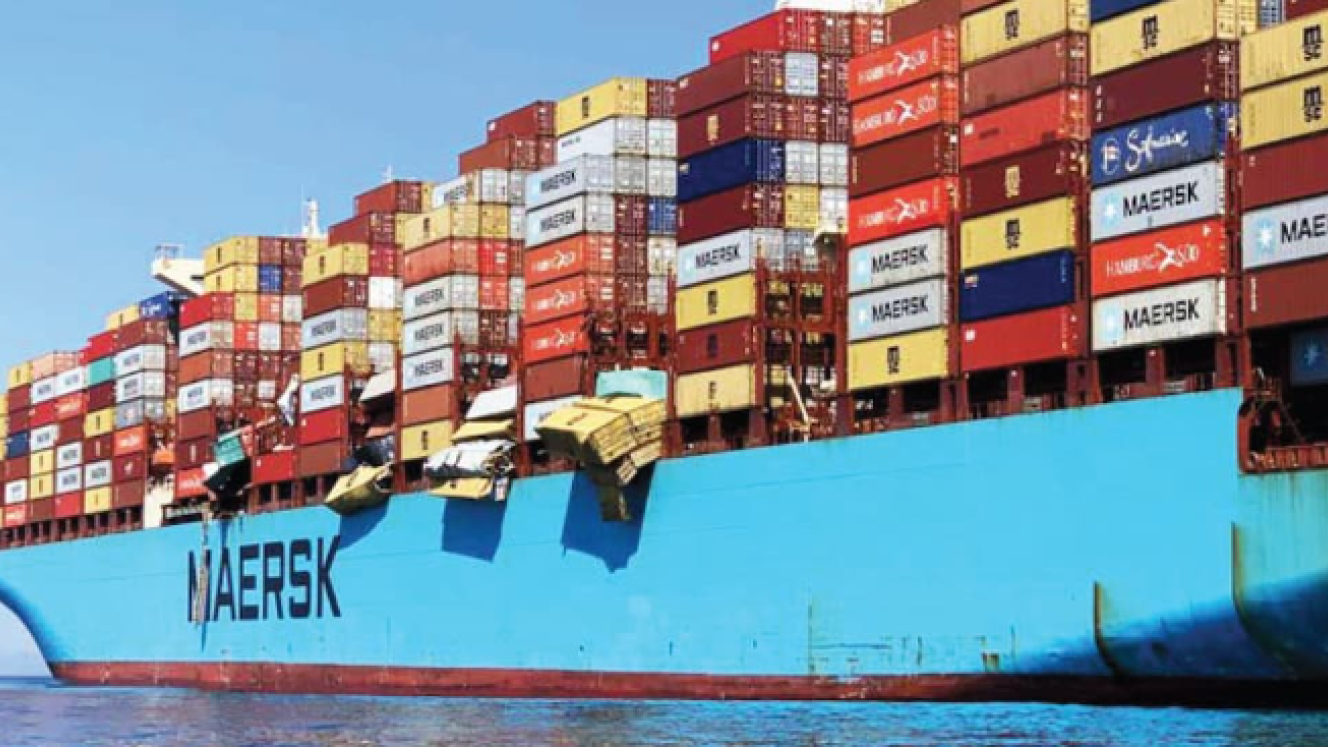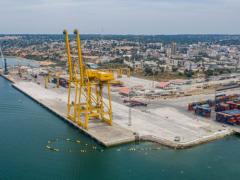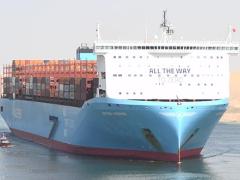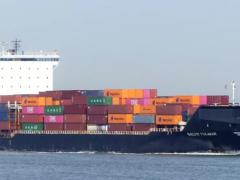It’s likely that A.P. Moller - Maersk's employees around the world pay a far higher rate of tax than the shipping multinational they work for, according to a new report – ‘Do workers pay more tax than Maersk?’, being released ahead of the Maersk AGM next week.
Researchers from the Centre for International Corporate Tax Accountability and Research (Cictar) have identified the extraordinary situation of the average worker in many countries where Maersk operates, paying a higher share of their income in tax than the Danish firm reports paying on its profits.
Globally, Maersk pre-tax profits totalled $49 billion across 2021 and 2022.
But in 2021 it paid just 3.7% tax on its profits, and only 3% last year, according to a statement from the International Transport Workers’ Federation (ITF).
“The figure includes the tax it reported as paid in the 130 countries in which it operates.
“Compare that with an average Danish worker who pays 39.1% income tax and social security contributions on their wages: a rate 13 times higher than the rate paid by Maersk.”
The report found that:
- Dutch workers are paying more than nine times the rate Maersk pays
- Argentinian workers are paying more than eight times the rate of tax that Maersk pays
- Australian workers on average pay 19.8% of their income in tax, more than six times Maersk’s tax rate
“Maersk is a Danish icon. And while we are proud of their commercial success, Maersk’s profits must not come at the expense of either workers or taxpayers – whether we are in Denmark or abroad,” said Karsten Kristensen, deputy chairman of the Transport Group at Danish union 3F.
“Maersk’s success needs to be a shared success, both with its workers and with society. It is concerning that these new figures suggest that the company is contributing at a lower rate of tax than workers do,” Kristensen said.
Kristensen added that when companies didn’t pay a fair share, “it means they are expecting other taxpayers, including workers, to foot the bill for essential public services like roads and ports through income taxes. This is a clear case of corporate double standards. We believe Danes expect more from Maersk”.
Danes missed out on the $9.4 billion share of Maersk’s pandemic windfall, according to Cictar’s brief.
“Maersk did extremely well through the pandemic and the corresponding supply chain crunch. The company’s global profits jumped considerably since 2020, multiplying more than 26 times in the two-year period, but Danish taxpayers largely missed out on the good times. That is because, in contrast to other kinds of businesses which typically pay corporate tax rates in their home country on most or all of their profits, Maersk has paid a much lower ‘tonnage tax’ rate in home country Denmark instead.”
The researchers estimate that Danes forewent almost $10bn in tax revenue that its people could have otherwise benefited from, had Maersk’s profits been taxed at a rate closer to that paid by the typical worker:
ITF is set to challenge the unfairness for workers, taxpayers at Maersk’s AGM.
“Maersk Group’s shareholders will ask how the findings of this report fit with the company’s public commitments to sustainability,” said Kulsoom Jafri, lead campaigner at the ITF.
Jafri said there was a double standard when a multinational company like Maersk was banking super profits made during the pandemic, largely due to the hard work of employees, and paying a lower rate of tax than those workers were. “At the same time Maersk is putting its workers and suppliers under increasing pressure – especially in the global south.”













